Samsung NEXT’s Evaluation for Future
Originally published at Samsung
How Consumer and Tech Trends Shape Samsung NEXT’s Strategy
Consumers are increasingly choosing experiences over things, according to David Eun, Chief Innovation Officer of Samsung Electronics and President of Samsung NEXT. In a keynote interview at the 2019 Collision Conference in Toronto, Eun cited a shift from ownership of products to subscription-based access as a major factor that will drive the global technology industry’s strategy over the coming years.
As an innovation arm within Samsung, Eun said Samsung NEXT is “purpose-built to focus on innovations in software and services that could complement Samsung’s historic expertise in hardware and consumer electronics. We do this by having an exclusive focus on startups and entrepreneurs.”
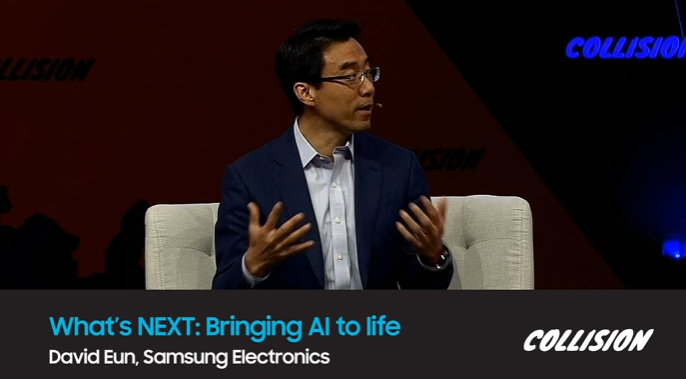
Moderator Arielle Pardes, a senior associate editor at Wired, chatted with Eun about the importance of technology trends like AI, which consumer shifts are impacting the tech investment landscape, and how entrepreneurs are adapting to both.
Investing in new technology
Early-stage startups offer investors a unique opportunity to bring fresh perspectives and innovative technologies into large organizations like Samsung. Samsung NEXT has a dedicated fund focused on investing specifically in early-stage AI startups. One particular area of interest is startups targeting grand challenges of AI, such as human-computer interaction, intuitive physics, and robot control.
“ Opening up to different approaches to AI and startups who are trying to address issues and problems along the whole value chain,” Eun said.
Samsung NEXT’s integration of Israeli-based MissingLink.ai into its product development group is indicative of its interest in companies with innovative AI solutions. Founded in 2016, MissingLink’s platform provides tools for software developers to more efficiently run machine learning experiments. It does this by providing tools for data scientists to better manage the data and resources required to build their machine learning models.
“With machine learning, it’s really about scaling and getting your arms around huge volumes of data,” Eun explained. “And that can be a very cumbersome, inefficient process. So we’re providing tools and approaches that make things much more efficient.”
Focusing on consumer experiences
One important factor in Samsung NEXT’s evaluation of new technology is identifying consumer and tech trends that will affect people and business around the world.
“What we’ve been doing more recently is going deeper on the fundamentals of how people are seeing the world and behaving. One of those things we’re observing is what I call ‘experiences over things,’” Eun said.
Whether it’s attending live music events or getting dinner with friends, Eun predicts that more consumers will start gravitating towards spending on authentic and social experiences rather than durable goods. In fact, a recent report from Expedia found that 74 percent of Americans currently prioritize experiences over things.
Eun also pointed to research showing that people derive more long-term happiness and satisfaction after purchasing meaningful experiences than spending money on things.
“It doesn’t mean people won’t buy things,” he said, “but the things are a means to a greater end. If you look at the data, there’s still four times more spending on things. But something like 80 percent of millennials predict that they’ll spend more money on doing things than buying things.”
Another consumer trend Eun pointed to is a shift from “ownership” to “access.” Because consumers can book a ride using a mobile app or access a car on-demand, fewer consumers see the need to own a car. As a result, Samsung NEXT is looking at companies that generate revenue from subscriptions.
“We have a startup investment in a German company called Grover, and what they do is essentially turn every transaction into something that could be a subscription,” he said. “So you could effectively have access to something without necessarily buying it. Obviously, this is very big for consumer electronics, but there are scenarios where access to your apartment, bed, table, and utensils could all be through a subscription.”
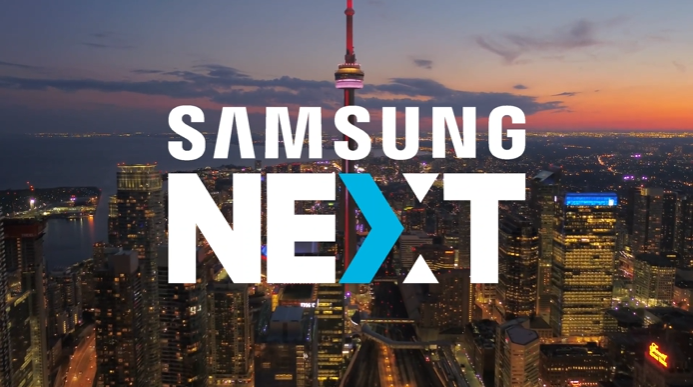
Balancing investment priorities
Eun emphasized that while experiences matter, the acquisition of ‘things’ will remain a large part of people’s lives in the foreseeable future. Digital transformation is spurring entrepreneurs to re-think the relationship between the physical and digital, uncovering new opportunities to disrupt the status quo.
“One example is the kitchen,” he explains. “The kitchen used to be where you cook, a dining room where you eat, and the living room where you would hang out. Today for many people, it’s all coming together in the kitchen. Think of all the breakfast nooks or kitchen islands in your homes. So we think about the kitchen now enabling a variety of experiences.”
Samsung NEXT recently acquired a London-based kitchen technology platform called Whisk that is working with those trends in mind. Whisk uses deep learning and natural language processing to make it easy for consumers to find recipes online, get inspired to discover new ingredients and receive instruction in producing restaurant-quality meals. There’s even streamlined digital retail access to the ingredients one might need.
Samsung NEXT is working to forge successful partnerships between investors and startups like Whisk that encompass both the physical and digital, and are re-imagining the relationship between the two. Eun recommends that startups take a hybrid product development approach drawing from aspects of hardware and software.
“When you offer a physical product up, you want it to be as perfect as possible,” he said. “Because once a refrigerator is in retail stores, you can’t change it. For software, you have almost the opposite mentality. You launch early and iterate, take the experience of your users, and leverage their expertise and feedback to improve your product.”
As Eun explained, MissingLink, Grover, and Whisk are all examples of startups that understand the wide-ranging implications of the evolving trends around AI and consumers preferring experiences over things as well as access over ownership on their businesses and are working with Samsung NEXT to achieve their vision to deliver differentiated value to consumers.

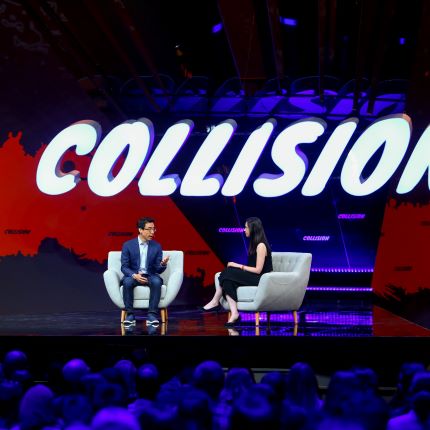
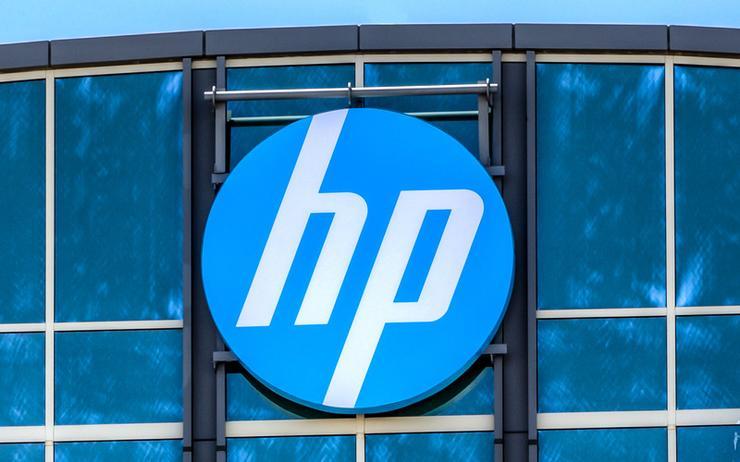

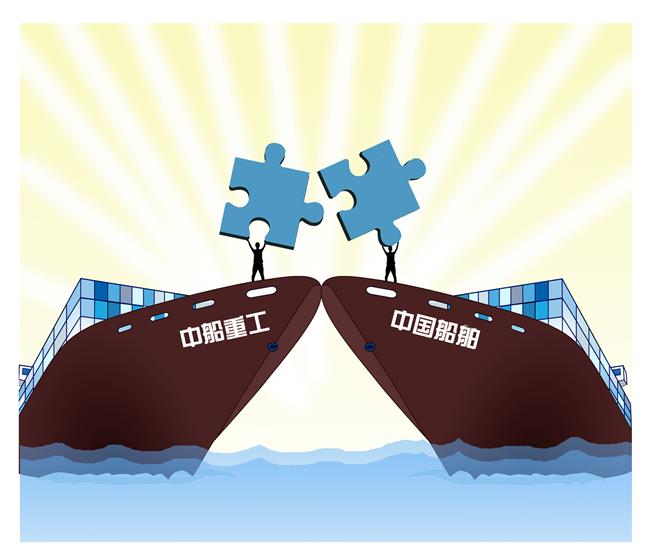

Leave a Comment
Want to join the discussion?Feel free to contribute!